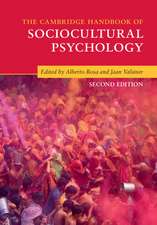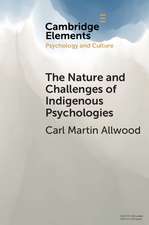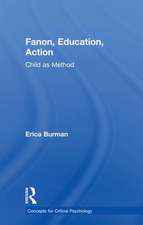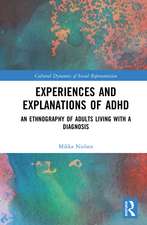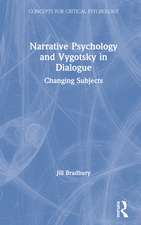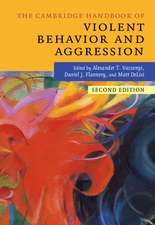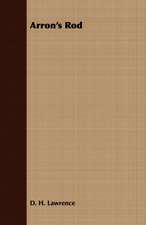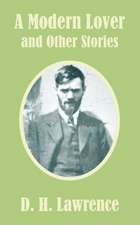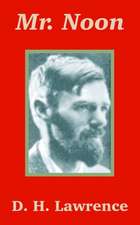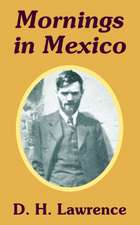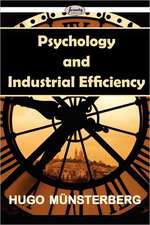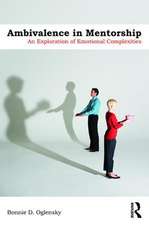Fantasia of the Unconscious
Autor D. H. Lawrence Editat de Only Booksen Limba Engleză Paperback
| Toate formatele și edițiile | Preț | Express |
|---|---|---|
| Paperback (12) | 50.69 lei 3-5 săpt. | |
| Mint Editions – mai 2021 | 50.69 lei 3-5 săpt. | |
| CREATESPACE – | 51.82 lei 3-5 săpt. | |
| CreateSpace Independent Publishing Platform – | 58.71 lei 3-5 săpt. | |
| CREATESPACE – | 63.63 lei 3-5 săpt. | |
| – | 64.48 lei 3-5 săpt. | |
| CREATESPACE – | 90.01 lei 3-5 săpt. | |
| CreateSpace Independent Publishing Platform – | 166.71 lei 3-5 săpt. | |
| CreateSpace Independent Publishing Platform – | 166.71 lei 3-5 săpt. | |
| Serenity Publishers, LLC – 31 aug 2008 | 73.04 lei 6-8 săpt. | |
| Echo Library – 31 ian 2012 | 78.39 lei 39-44 zile | |
| CreateSpace Independent Publishing Platform – | 99.95 lei 6-8 săpt. | |
| CreateSpace Independent Publishing Platform – | 128.31 lei 6-8 săpt. | |
| Hardback (1) | 102.27 lei 3-5 săpt. | |
| Mint Editions – 27 iul 2021 | 102.27 lei 3-5 săpt. |
Preț: 64.48 lei
Nou
Puncte Express: 97
Preț estimativ în valută:
12.34€ • 12.91$ • 10.25£
12.34€ • 12.91$ • 10.25£
Carte disponibilă
Livrare economică 13-27 martie
Preluare comenzi: 021 569.72.76
Specificații
ISBN-13: 9781535291590
ISBN-10: 1535291591
Pagini: 86
Dimensiuni: 152 x 229 x 5 mm
Greutate: 0.13 kg
ISBN-10: 1535291591
Pagini: 86
Dimensiuni: 152 x 229 x 5 mm
Greutate: 0.13 kg
Notă biografică
David Herbert Richards "D. H." Lawrence (1885 - 1930) was an English novelist, poet, playwright, essayist, literary critic and painter. His collected works represent, among other things, an extended reflection upon the dehumanizing effects of modernity and industrialization. Some of the issues Lawrence explores are emotional health, vitality, spontaneity and instinct. Lawrence's opinions earned him many enemies and he endured official persecution, censorship, and misrepresentation of his creative work throughout the second half of his life, much of which he spent in a voluntary exile which he called his "savage pilgrimage". At the time of his death, his public reputation was that of a pornographer who had wasted his considerable talents. E. M. Forster, in an obituary notice, challenged this widely held view, describing him as, "The greatest imaginative novelist of our generation." Later, the Cambridge critic F. R. Leavis championed both his artistic integrity and his moral seriousness, placing much of Lawrence's fiction within the canonical "great tradition" of the English novel.




